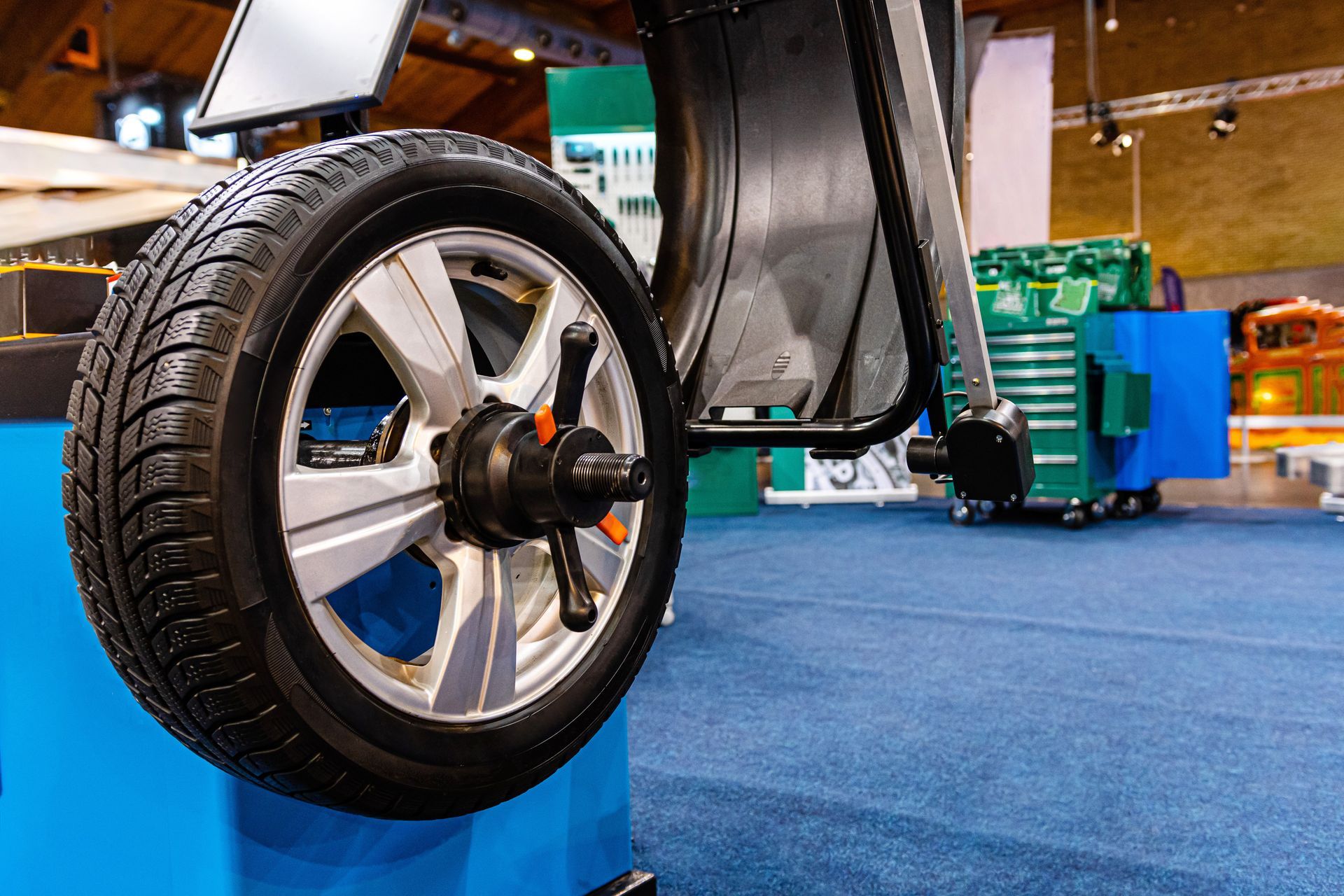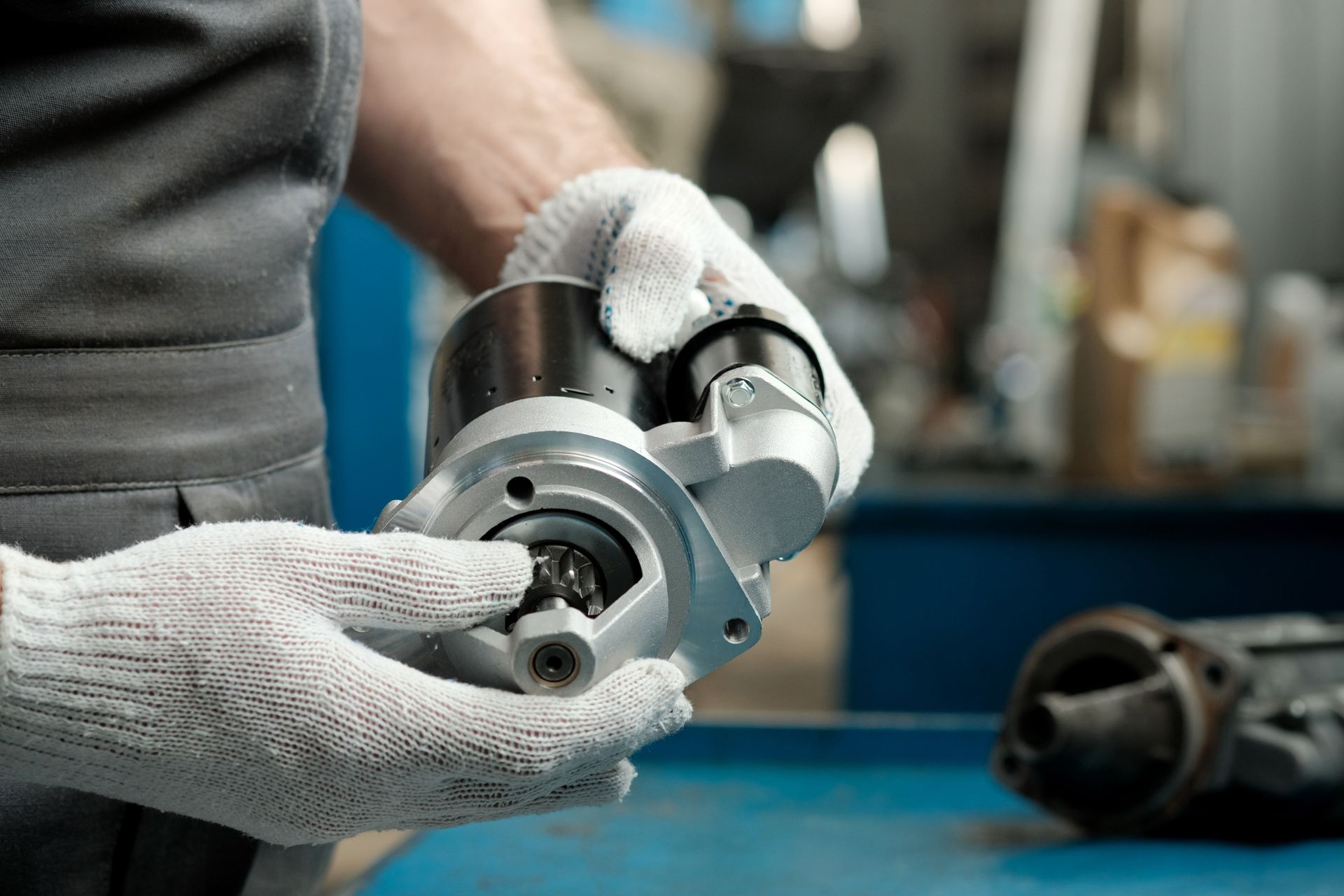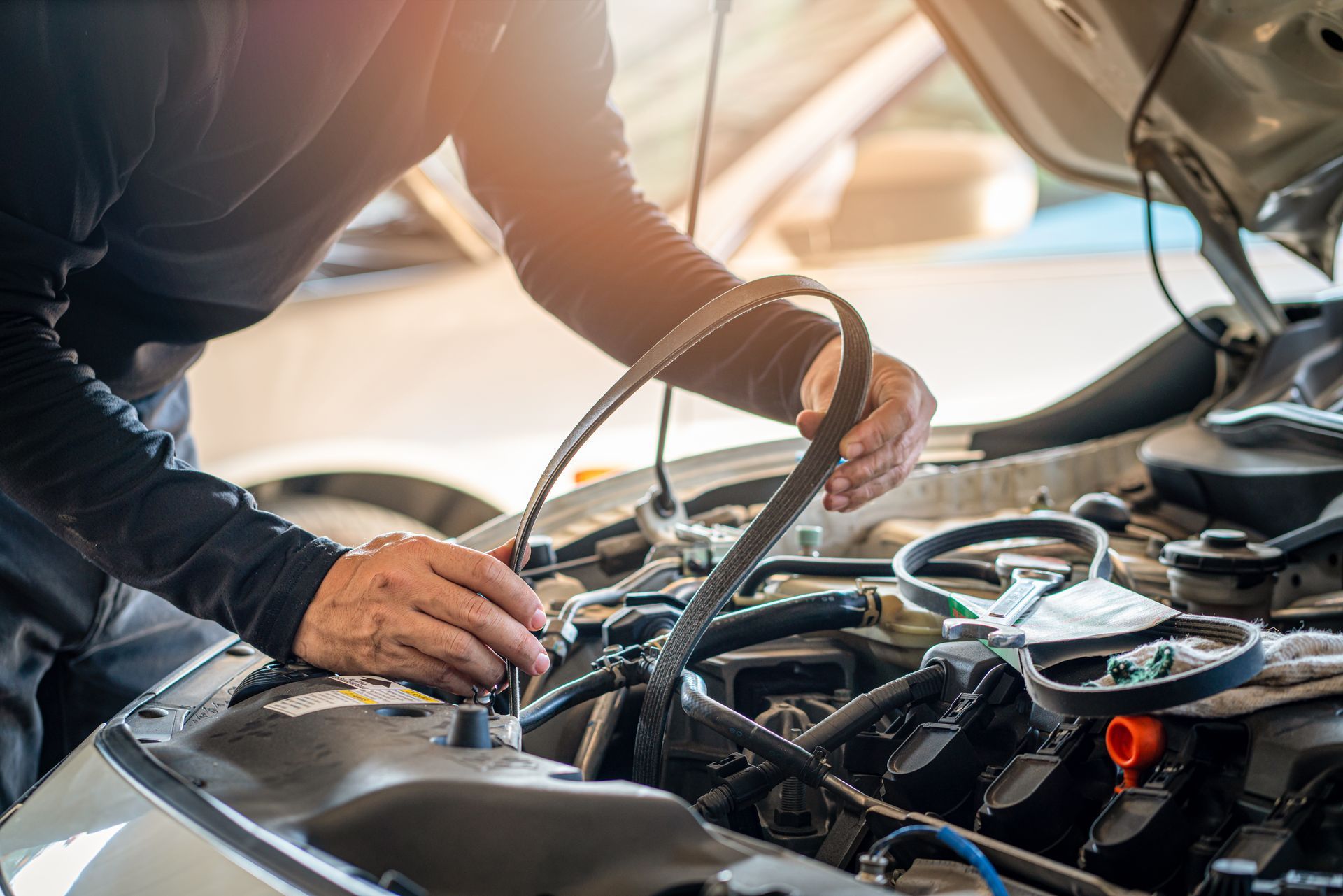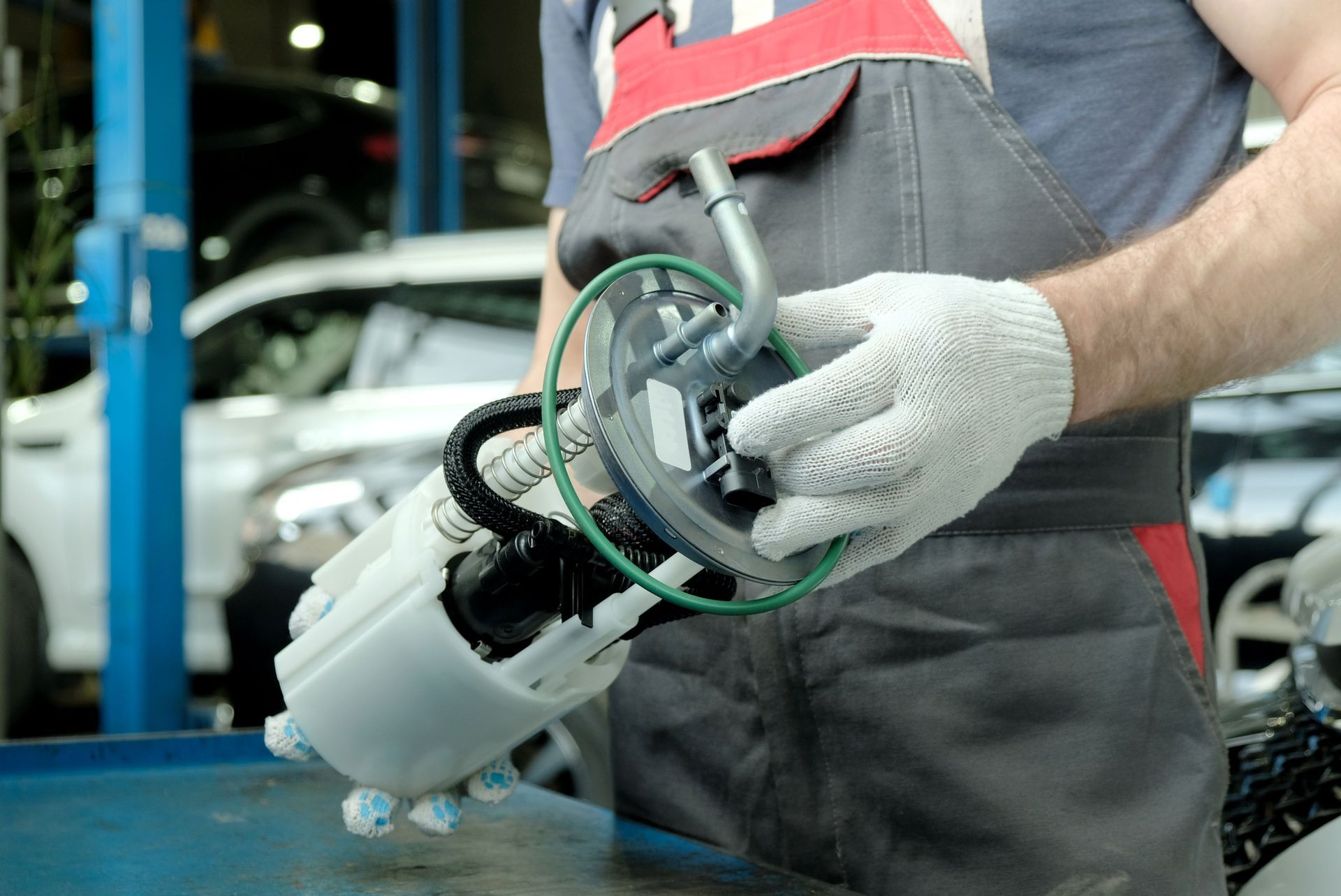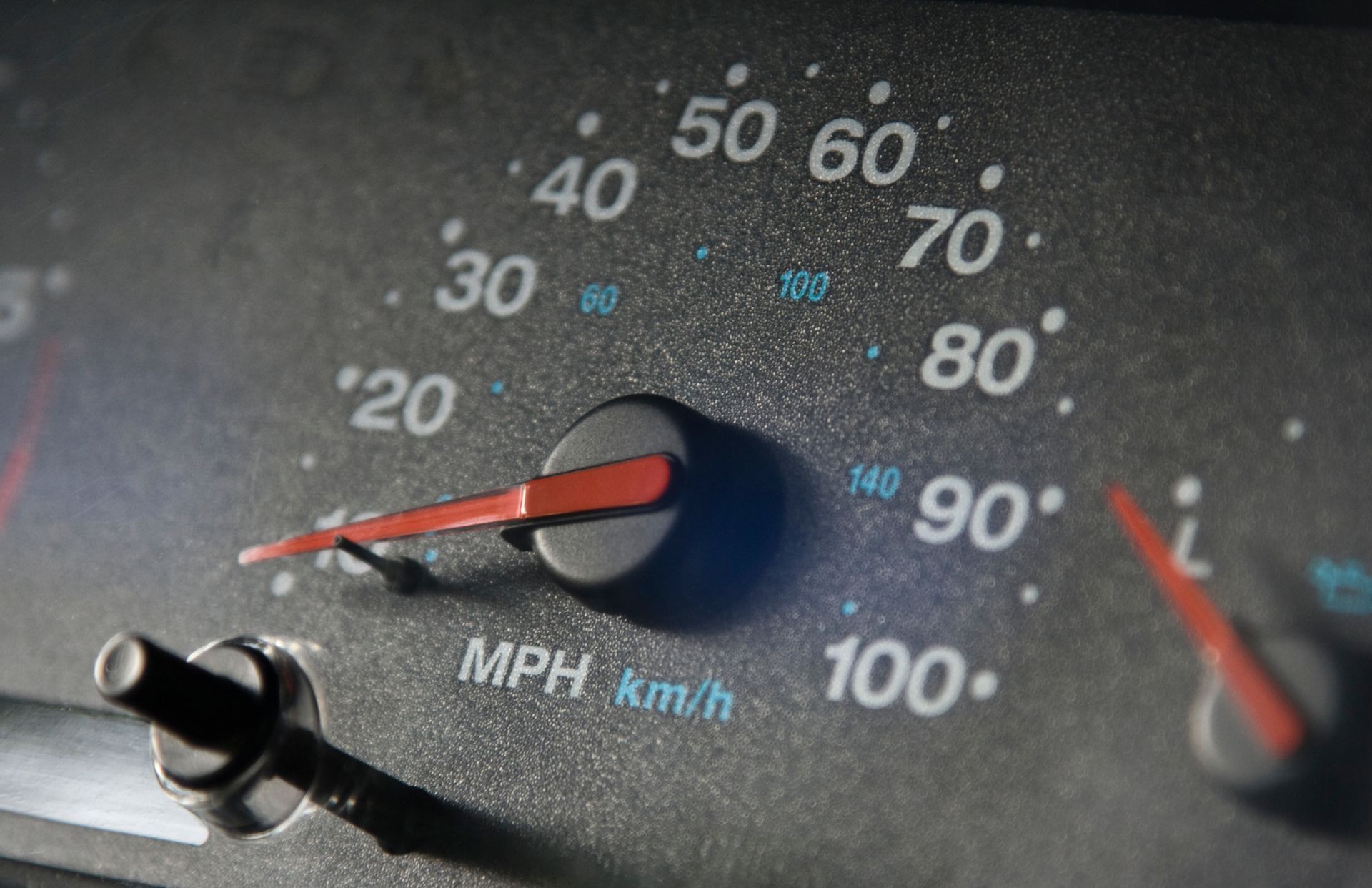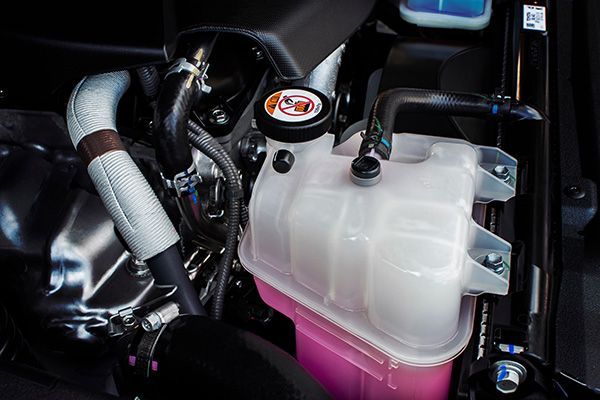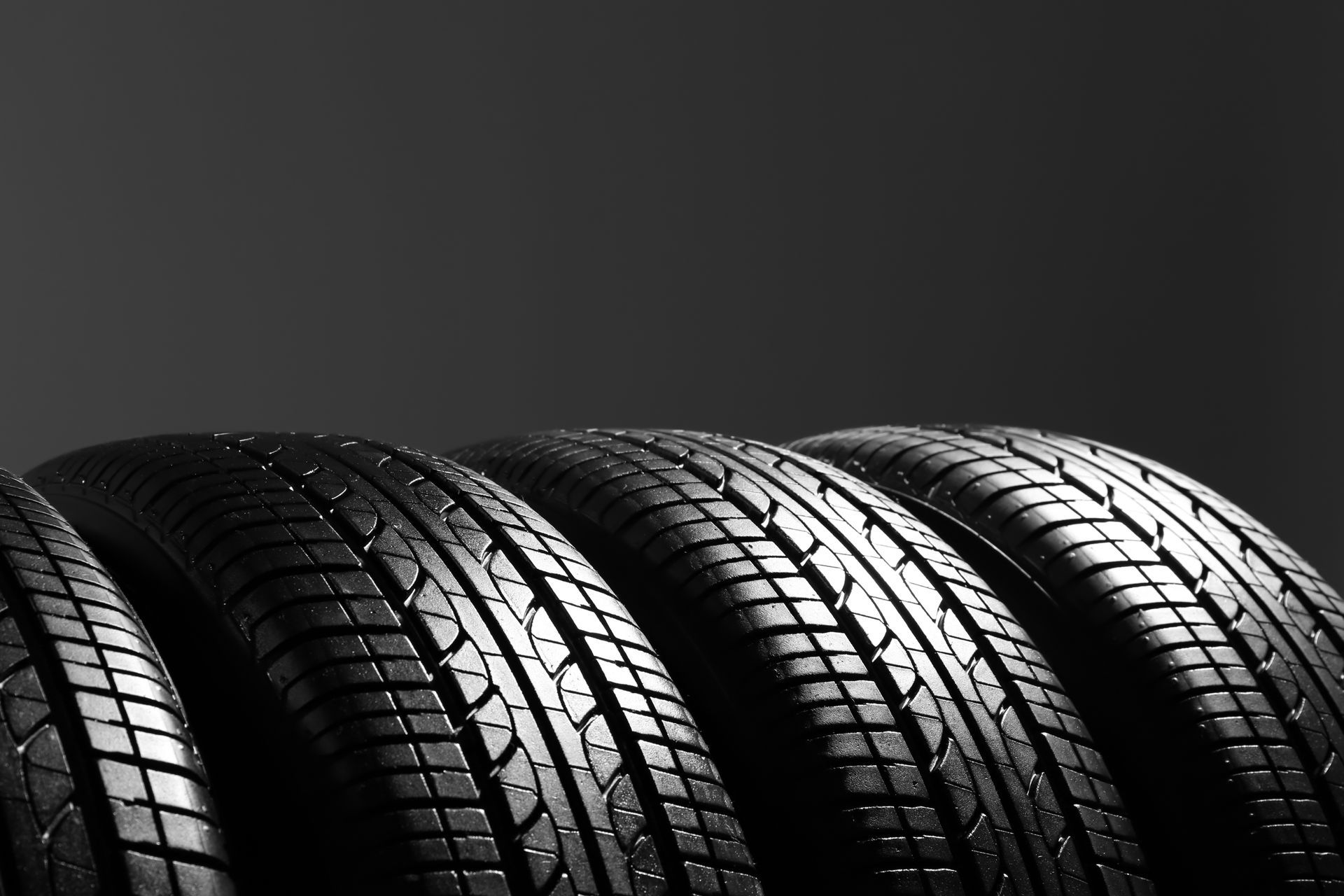Have you ever heard strange noises or experienced unusual vibrations while driving? These symptoms often point to issues with your vehicle’s axle. Your car’s axles are vital components that transmit power from the engine to the wheels, allowing the car to move. If they fail, you could be facing severe safety risks, not to mention costly repair bills. But how do you know when there's a problem? In this guide, we’ll break down some telltale signs of axle trouble and what you should do if you encounter them.
What is the Role of the Axle
The axle is essentially a rod that connects the wheels to the drivetrain, transmitting the power that turns your wheels and keeps you moving. Front-wheel drive cars usually have two front axles, while rear-wheel drive vehicles have rear axles. All-wheel or four-wheel drive cars will have both. With such an essential function, a failing axle could leave you stranded or, worse—cause an accident.
Signs of Axle Problems You Should Never Ignore
Recognizing the symptoms of axle trouble early on can save you from dangerous situations and costly repairs. Here are some of the most common signs that your car’s axle might be in trouble.
1. Clunking or Clicking Noises
Hearing unusual noises when you’re accelerating, turning, or shifting gears? A persistent clunking or clicking sound is often an indicator of a damaged axle, especially in front-wheel drive cars. These noises might get louder as you drive, signaling that the issue is worsening. Typically, these sounds arise from worn-out CV joints, which are essential for keeping the axle functioning properly.
2. Vibrations While Driving
Feeling a vibration coming from the car’s undercarriage while you drive could also point to an axle problem. This shaking sensation may be particularly noticeable when you accelerate, turn, or go over bumps. Although vibrations can also be caused by unbalanced tires or issues with the suspension, if these causes are ruled out, your axle may be the culprit. Ignoring these vibrations will only allow the problem to escalate, potentially leading to a total axle failure.
3. Grease Leaks
Another red flag is spotting grease around your tires or on the undercarriage. This is a sign that the CV joint boot has been compromised, allowing grease to leak out. Without sufficient lubrication, the CV joints will wear out rapidly, leading to serious axle damage. So if you notice greasy spots around your car, especially near the wheels, it’s time to get the axle inspected.
4. Difficulty Steering or Turning
If you’re having trouble turning or steering the vehicle, it could be a sign that your axle is damaged. The axle is crucial for maintaining control over your wheels, and any compromise can affect how well you can steer. Difficulty in handling your car or increased resistance when making turns are both warning signs that should not be ignored.
5. Car Won’t Move
The most obvious sign of a broken axle is when your car won’t move, even though the engine is running. If you shift the gear and hear the engine rev, but the car doesn’t budge, a broken axle may be to blame. This is a worst-case scenario and will require immediate attention from a professional.
Can You Drive with a Damaged Axle
You might wonder if you can keep driving with these symptoms, especially if they don’t seem too severe yet. The short answer is no. Continuing to drive with a damaged axle can result in a complete breakdown, loss of control, or worse—a serious accident. It’s not worth the risk, both for your safety and your wallet.
Feeling strange vibrations or hearing clicking sounds? These could be early signs of axle trouble. Book an appointment with
Harvey's Garage for a full inspection and avoid costly repairs down the line.

